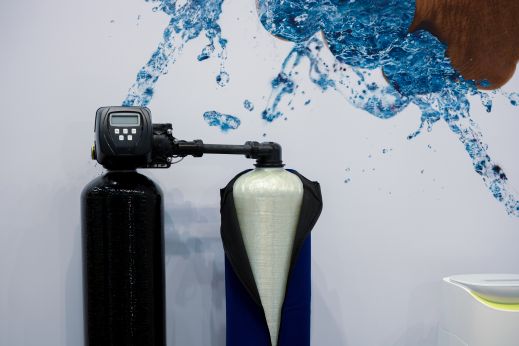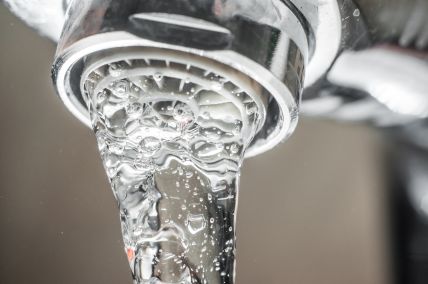What are the common problems associated with water softeners?
Water softeners are usually made from different kinds of materials, and this affects their effectiveness. When water softeners are made from the wrong materials, they are not able to produce the necessary results. Here are some of the common problems with Water Softeners.
- Chlorine Odor. This is one of the most common problems associated with water softeners. In fact, it happens quite often in many households. The reason behind this is that the minerals and chemicals in hard water combine with chlorine to form a strong odor.
- One of the most common problems with water softeners is rusting. Rusting will happen to the internal parts of your water softener, causing it to become ineffective. Rust will also cause clogs and damage to your plumbing system. If you want to avoid this problem, make sure that you purchase a water softener that is made from stainless steel or plastic.
Water pressure problems: why is it happening?
You need to understand that when a softener works; it reduces the amount of minerals in the water so that they do not form a hard and dense layer on the inside of your pipes or other plumbing parts.
In fact, this helps them to be easy to clean with hot water and soap or detergent solution. However, these devices also reduce the pressure of the water system when they are running so that they don’t affect the flow of water.
If the pressure in the system is low, then it can cause problems like: No Flow of Water To Some Faucets Or Fixtures In some cases, this can happen because there is a high level of mineral content in the water that the softener cannot remove completely.

How to solve the water softeners issue?
The best way to deal with these issues is by taking some preventive measures so that they do not happen again.
The first step is by keeping the system clean at all times so that it can work properly. If you notice that your water system is dirty, then you should make sure that you take care of it regularly.
Make sure that the flow of water through the system is always regular. This will ensure that all parts are being properly cleaned out by running them with clean water every day.
You should not allow the device to work when it is too hot or too cold outside. If it does, then the minerals in the system will get hard and cause problems with its operation. In fact, you should keep the temperature of your water at 60-70 degrees Fahrenheit so that they do not get hard or cause problems with their operation.
Make sure that you do not forget to clean the inside of the device and make sure that the filter is being cleaned regularly. This will ensure that the system is running at its best.
Do water softeners need maintenance?
The water pressure in your home or business depends on how much water you are pumping out of the city’s distribution system. That is, the amount of water you’re sending to your home or business and the pressure that your home or business is pushing out of the system. So you might be surprised to find that a pump that runs day and night may only be pumping out 60 gallons per minute.
The reason is that your water softener’s output is only going to go down 50 gallons per minute (GPF). Your whole house isn’t running at 50 gallons per minute. What about the 90 gallon per minute shower? What about the 20 gallon per minute toilet? Your GPF may only go down 50 gallons per minute, so you’ll still need a lot of pumps running just to keep up with all of your uses.
How long does a water softener typically last?
Water softeners generally have a life expectancy of approximately five years. If you notice any of the following issues, it is probably time to consider replacing your water softener.
- You are having difficulty with soft water and the conditioner is not removing the scale buildup in your pipes and plumbing.
- The system has stopped working completely and it is not producing soft water any longer.
- The system is producing extremely hard water with large amounts of scale buildup in your pipes and plumbing.
- You are noticing unusually high levels of chlorine in your water or strong smells coming from your drinking water faucets, toilets or dishwasher after running the faucets for a short time (sometimes this can be due to hard minerals, salts or chemicals in the source water).


